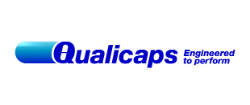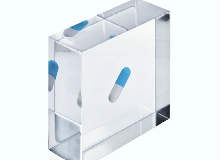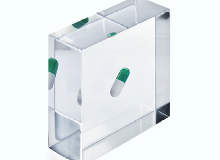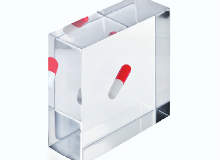Genix Will Now Be Called Qualicaps
Genix has announced that it will now be known as Qualicaps. Acquired at the end of 2015 by Qualicaps, the Brazilian company has been in operating for 13 years.
It produces two-piece hard capsules for the pharmaceutical industry and nutraceutical products, as well as recognized for the excellence of its international standards of technology.
The company is certified for good manufacturing practices (GMP) and pharmaceutical ingredients by ANVISA, the Brazilian health regulatory agency.
In the two years since the company formed part of Qualicaps, the subsidiary has grown by 18.7%. It currently employs 340 people in the country.
In addition, the subsidiary is one of the only suppliers of hard capsules with a production centre in Brazil.
Genix’s president for Latin America Paulo Valente said: “Changing the company’s name is part of a natural process, due to the recognition of our technological quality by our customers and regulators, by the growth in our operation and by the perspective of greater regional performance.
“Latin America is a strategic market for Qualicaps, which was already developing partnerships in other regions and identified in Genix the real possibility of covering this market and becoming the number one supplier of the pharmaceutical industry,”
With more than a century of experience and a strong history of pioneering in new forms of drug administration, Qualicaps is responsible for several milestones in the development of hard capsules, introducing features that have become standard in the industry, such as being the first to create formulas without preservatives for gelatin capsules, and to develop capsules from vegetable origin (HPMC) for the pharmaceutical market.
In addition to the Brazilian factory, Qualicaps has a global presence with manufacturing units in Japan, Spain, Romania, Canada and the US. The Brazilian subsidiary is responsible for serving the pharmaceutical and consumer healthcare markets in Latin America. The Bazilian pharmaceutical market is expected to grow around 3.5% between 2018 and 2021, registering nearly $30bn in 2021, according to Global Health Intelligence.




